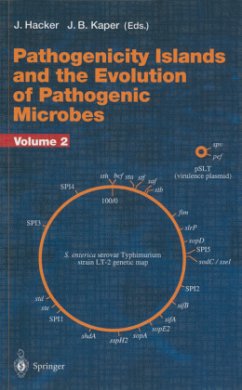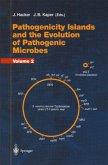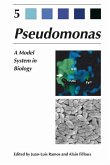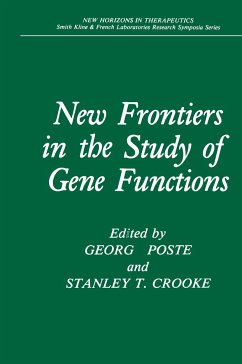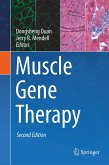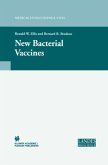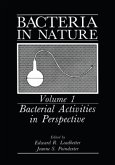It has been known for a number of years that not only pathogenicity islands but also plasmids and bacteriophages are able to carry genes whose products are involved in pathogenic processes. Accordingly, such elements and their products play an important role in pathogenesis due to the intestinal E. coli as well to Shigellae. Another interesting aspect which is reflected in different articles is that genomes evolve by acquisition of new pieces of DNA following gene transfer, but also by genome reduction. Different mechanisms include the deletion of sequences or the elimination of functions by the accumulation of point mutations or rearrangements.
Hinweis: Dieser Artikel kann nur an eine deutsche Lieferadresse ausgeliefert werden.
Hinweis: Dieser Artikel kann nur an eine deutsche Lieferadresse ausgeliefert werden.
From the reviews:
"This compendium brought together by J. Hacker and J. B. Kaper as editors, features an international assembly of authors ... giving a lucid introduction into the evolution of prokaryotic genomes. The ... work provides a comprehensive overview of the current state of knowledge on PAIs and other mobile virulence determinants in bacterial as well as fungal pathogens of humans and plants." (Susanne Rohrer, BioWorld, Issue 61, 2002)
"This compendium brought together by J. Hacker and J. B. Kaper as editors, features an international assembly of authors ... giving a lucid introduction into the evolution of prokaryotic genomes. The ... work provides a comprehensive overview of the current state of knowledge on PAIs and other mobile virulence determinants in bacterial as well as fungal pathogens of humans and plants." (Susanne Rohrer, BioWorld, Issue 61, 2002)

